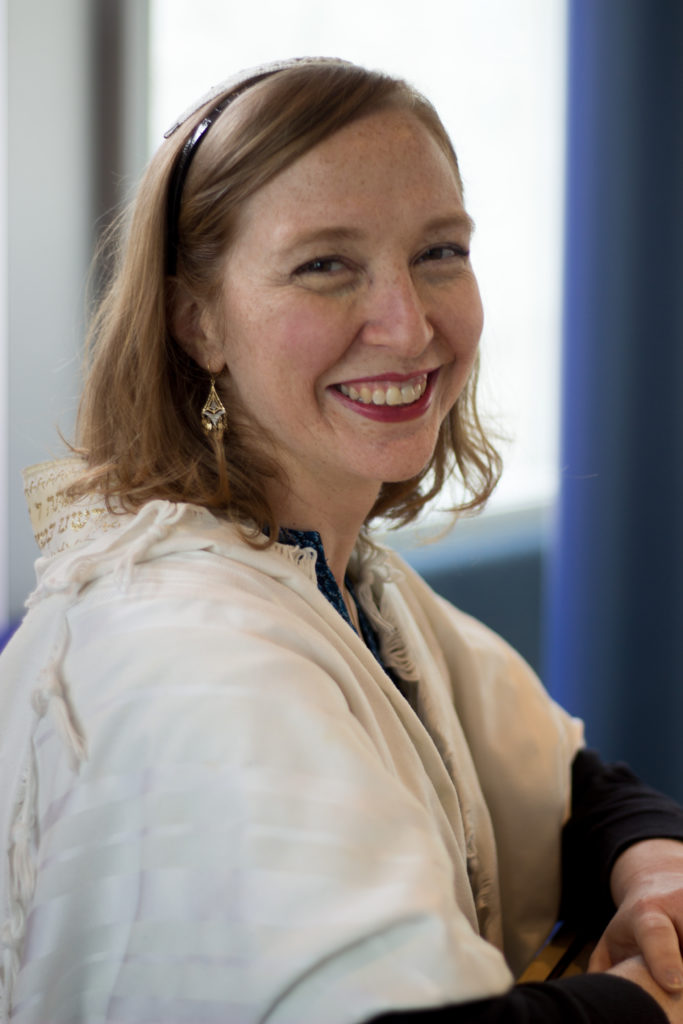“Those who sow in tears shall reap in joy” (Psalms 126:5). Debbie Friedman wrote a haunting tune to this verse, and I remember that in March and April of 2020, I hummed it to myself quite a bit. It was strengthening, the idea that suffering now would lead to a time of rejoicing. I wasn’t sure when, but repeating this to myself helped me believe it would be so.
This week in Canada, one by one, public spaces, restaurants, gyms, events, parties, winter camps have closed or been restricted. I and my friends are gripped with a powerful, even physical recollection of the beginning of this all, and as I breathe slowly to calm my mind, I am breathing the air of March 2020. The doors feel like they’re closing once more.
And yet. We have vaccines. We have scientific understanding. We have medical-grade masks. We have procedures. It’s not the same, I tell myself like a mantra. However, it still requires endurance and perseverance, maybe even more than before, because redemption keeps getting further and further off.
In his take on this week’s Torah portion, Shemot — which tells of the very beginning of the Israelites’ exile and enslavement in Egypt, the Sefat Emet says: “We are told that whoever participates in the pain of the community will get to see the community’s consolation.” He goes on to explain that it’s not that a person who shares the pain of exile will automatically live long enough to see the joy of exile’s end. It’s not a physical, rational thing. Rather, he explains, “The real meaning is that one comes to see the community’s consolation right there in the midst of its suffering.”
How? If a person is able to clarify their heart and to see that the exile is only a covering, a layer that hides the fact that right there within itself is the redemption. The Sefat Emet explains that that’s the true meaning of the story of the burning bush: God showed Moses the joy of redemption (the flame) from right amidst the exile (the brambles of the bush). Moses was, therefore, able to see not only the present suffering of the Israelites in their slavery but also the future rejoicing of freedom. Perhaps that made it bearable.
I’m not sure if I can do this, but I’m going to try. If I look deep into this time, can I see the flames of redemption? Can I both feel the pain of isolation and fear, and also taste the coming rejoicing of the ingathering of friends, family, and the bustle of public life? Can I collapse the timeline so I experience the truth that they are both contained within each other?
Maybe most important to me right now, how might I live in the truth that, as the Sefat Emet explains, “Since the reward of messianic days and the world still to come is without measure, so is the suffering that leads up to it without a fixed limit of time.” It’s the not knowing when it will end, for me, that’s the hardest. But I’m going to squint to try to see the redemption inside of all this.

Rabbi Julia Appel is Clal’s Senior Director of Innovation, helping Jewish professionals and lay leaders revitalize their communities by serving their people better. She is passionate about creating Jewish community that meets the challenges of the 21st century – in which Jewish identity is a choice, not an obligation. Her writing has been featured in such publications as The Forward, The Globe and Mail, and The Canadian Jewish News, among others.

